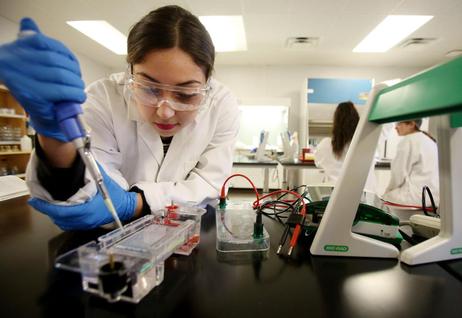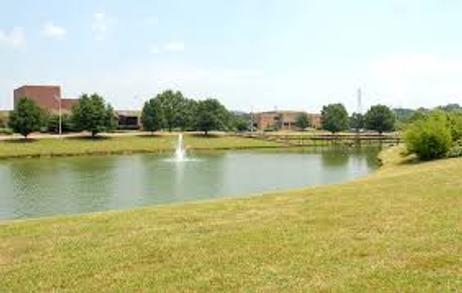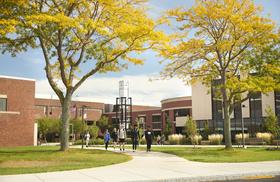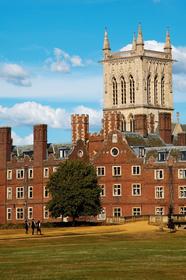Community colleges have become the main focus of higher education in recent years, as the United States strives to fill the workforce needs of the 21st century. Completion rates for community colleges are more important than ever before, as students must complete their training programs to become productive members of the global marketplace. To help prospective students locate the community colleges with the greatest odds of success, Community College Week releases annual analyses of the community colleges that produce the most associate degrees each academic year.
About the Analysis
The National Center for Education Statistics collects the annual Top 100 Analysis data. The list includes associate degrees earned during the 2010-2011 school year, with total degrees earned and breakdowns according to race. The breakdowns were handled by a two-question format students were asked to answer, according to the website for Community College Week. Students were first asked if they were of Hispanic or Latino heritage. Then, they were asked to check off various races that applied to them, including African American, Native American, and Asian American.
This year’s analysis found record increases in the number of associate degrees earned over the past three years. As associate degrees appear to be on the rise, certificate programs, which can usually be earned in less than two years, seem to be on the decline. It is also interesting to note that the number of associate degrees earned at public community colleges was just 61 percent. Proprietary institutions


















